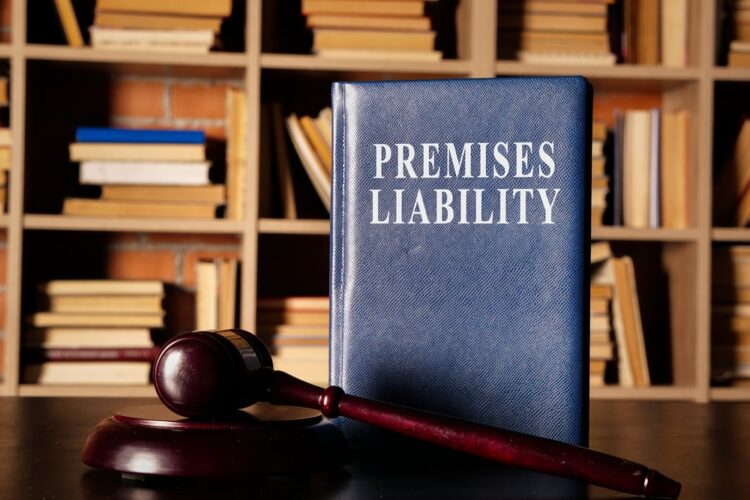November 11, 2024
When you’re injured on someone else’s property, premises liability law may allow you to seek compensation for your injuries. Florida has specific rules about property owner responsibility, and understanding how these apply to your case can help you determine your options. Set up a free consultation with our Melbourne, FL premises liability lawyer to address all your questions and receive tailored legal advice.
What Is Premises Liability?
Premises liability refers to a property owner’s legal responsibility to maintain a safe environment for people who are legally on their property. This duty applies to various properties, including homes, businesses, and public spaces. When a person is injured due to a hazard on someone else’s property, such as a wet floor, broken stair, or loose handrail, they may have grounds to bring a premises liability claim.
Who Can Be Held Responsible In A Premises Liability Case?
The property owner is usually the primary party responsible in a premises liability case, but other parties may also be liable, depending on the situation.
For instance, if a property is rented, the landlord and the tenant could share responsibility for keeping certain areas safe. And if a maintenance company or third-party contractor was responsible for addressing the hazardous condition—like plowing snow or removing ice—they might also be held liable.
Determining who is legally responsible for your injury depends on the details of the case, including who had control over the area where you were injured and the terms of any relevant contracts. Our team will dig into these details so you can focus on recovery while we build a strong claim for your financial compensation.
What Types Of Damages Can I Seek In A Premises Liability Claim?
In a premises liability claim, you may seek compensation for both economic and non-economic damages.
Economic damages cover tangible losses, such as medical bills, lost wages, and out-of-pocket expenses directly related to your injury.
Non-economic damages address intangible impacts, like pain and suffering, emotional distress, and any reduction in quality of life. The total compensation available depends on the severity of your injuries and the impact they have on your daily life.
Consulting with one of our attorneys can help you get a clear picture of the damages you may be able to recover.
What Do I Need To Prove To Win My Case?
To succeed in a premises liability case in Florida, you must generally prove that a dangerous condition existed on the property, that the property owner knew or should have known about it, and that the owner failed to correct the issue or provide adequate warnings.
Florida law places additional expectations on different types of visitors: business invitees are owed the highest level of care, while social guests and licensees are owed a moderate level of care. Trespassers have limited protections, though owners still cannot intentionally harm them. The level of duty owed will affect the way we approach the case.
How Long Do I Have To File A Premises Liability Claim In Florida?
Florida’s statute of limitations for premises liability claims is typically four years from the date of the injury. This means you must file a lawsuit within that time frame to seek compensation. Waiting too long can prevent you from pursuing a claim, so it’s best to act sooner rather than later. Gathering evidence, obtaining medical records, and consulting with a premises liability attorney early can help protect your claim.
At Tuttle Larsen, P.A., we understand how timing impacts your case and can provide guidance on meeting the necessary deadlines. If you’ve been injured due to unsafe conditions on someone else’s property, we’re here to help you determine your next steps. Reach out to our firm to schedule a free consultation and learn more about your options for recovering compensation.

